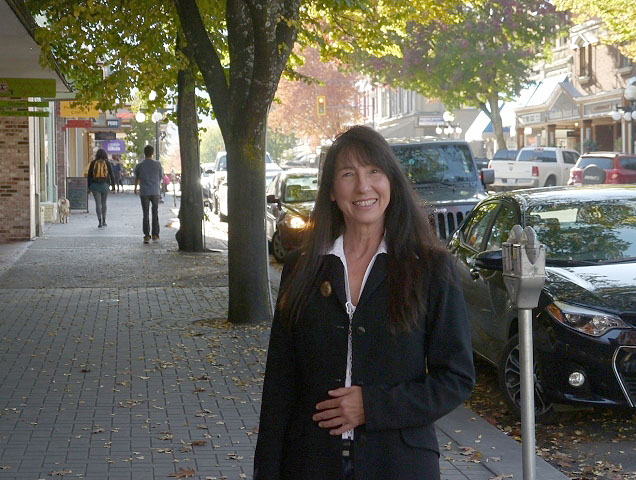Could some of 25,000 Syrian refugees land in Nelson?
During the Federal Election, Prime Minister Justin Trudeau promised, if elected, he would allow 25,000 Syrian refugees into Canada.
However, after the recent terrorist shootings last Friday in Paris, and bombing in Beirut, some people have called for the feds to think again about the decision.
Saskatchewan Premier Brad Wall wants the federal government to suspend its plan to bring 25,000 Syrian refugees to Canada by the end of the year.
Bailie Hambrook of Fort St. John has launched an online petition demanding a referendum on B.C.’s plan to welcome up to 3,000 refugees.
Many Canadians are unsure if fast-tracking this process is the right move.
Worries of terrorist cells slipping in undetected due to a shaky screening process are causing some Canadians to question the plan despite Canada’s proud history of humanitarianism.
Nelson City Councilor Valerie Warmington oversees a task force struck by the Federation of Canadian Municipalities, which is looking into what communities are doing and their readiness to accept refugees.
Warmington has worked overseas for many years and seen first hand the terrible impact war has on everyday people.
Warmington has been reaching out to sponsorship holders, such as the United Church who have agreements with the federal government to bring refugees into the country, and with the sponsoring groups that they work with to raise the money to bring these refugees to the region.
Warmington said she was “pleasantly surprised” to see the depth of response in our region to the crises not just in Syria, but also around the world.
Unfortunately, despite these good intentions, there are several roadblocks in place that make these humanitarian efforts difficult.
“What I’m hearing is that most of these sponsorship agencies or groups have kind of met their quota for the year,” Warmington said.
“They’re very aware of the limitations, with housing being the biggest obstacle to bringing people over. But that’s shared pretty much across the country.”
Warmington continued, explaining that finding work for these people is another issue preventing our region from taking in large numbers of refugees.
“Most of the jobs that were created during the last decade or so have been in a sector that’s on the decline. So jobs are an issue, particularly in small communities,” she explained.
“There is quite a limited ability for us to respond, and I’m not talking just about Nelson, but all of the communities where I’ve spoken that people are interested in this issue.”
In terms of hard numbers, with 25,000 refugees slated to enter the country by the end of the year, Nelson might be able to accept no more than 20.
“If this region is to accept any it’s not going to be a very high number,” she said.
“We were asked to give an estimate around what we think we could accept in terms of numbers and what some of the barriers or limitations might be. Looking at what I’m hearing from the groups I’ve spoken to, it’s going to be very small.”
A contention from many Canadians surrounding the import and care of foreign refugees is that many communities in the country have their own people to take care of, and that helping Canadian citizens should be the first priority.
Warmington echoed these statements, but added that what’s important is finding an approach that deals with each group equally.
Between housing, jobs, and the language barrier, the road ahead is not an easy one. These problems are not native to Canada, but for all the countries accepting the astounding numbers of people escaping war torn countries.
However, Warmington said there are important lessons being learned by everybody involved in Syria and every other nation being ripped apart by bloody conflict.
“If something good comes out of all this I hope it allows us to reflect on our political involvement in other countries and to rethink what we do and how we destabilize through political means,” Warmington said.
“I think this is a clear example of the destruction that can be unknowingly anticipated without looking carefully at what’s going on in a context.
“My heart goes out to not just the Syrians but all people who are traumatized and struggling as a result of conflict.”


























